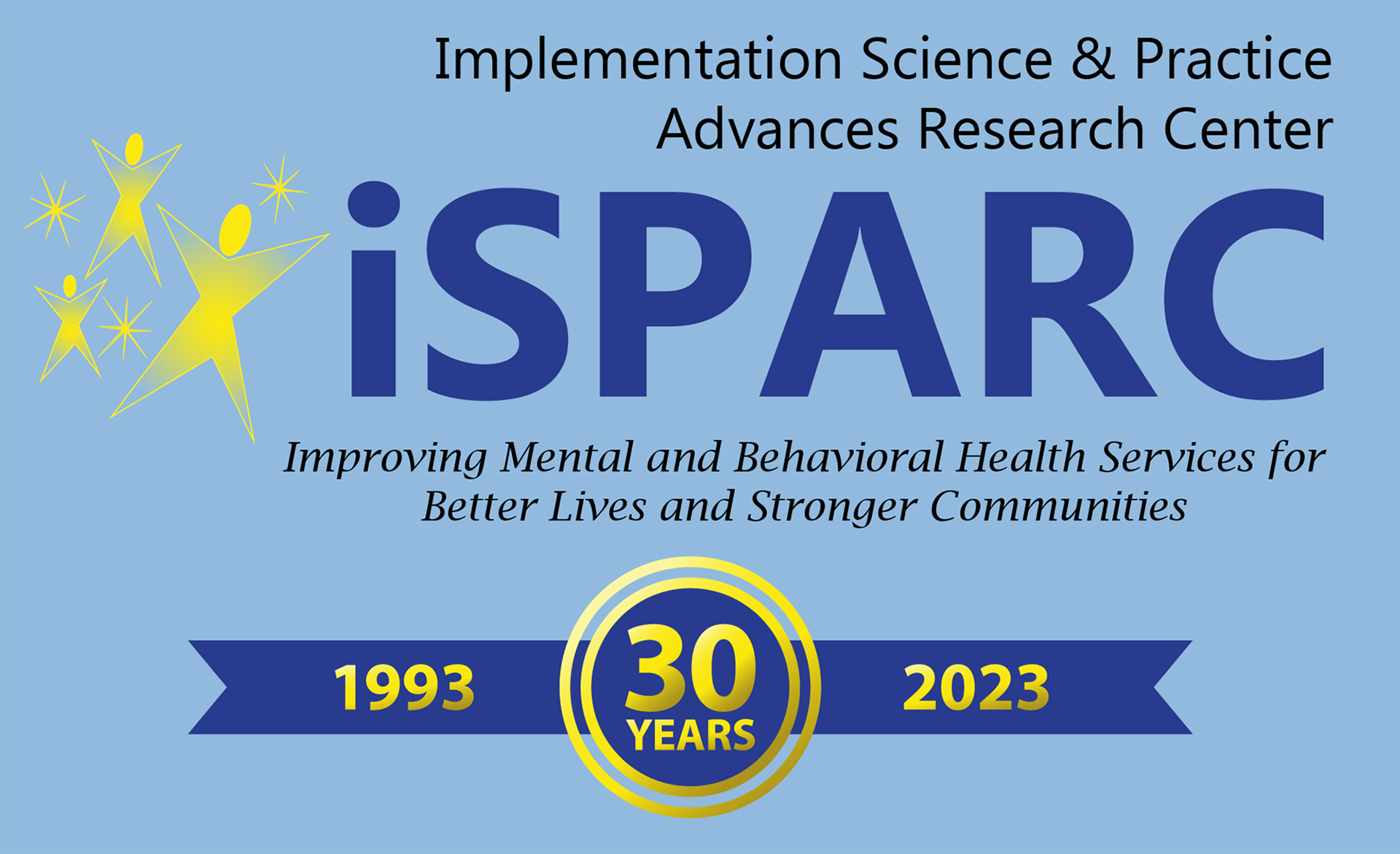Coronavirus resources
Featured resources
How to Start Healing During a Season of Grief
There is no singular way to respond to heartache or sorrow. Find the strategy that works best for you.
Hit A Pandemic Wall? Here's Advice From a Therapist On How To Cope
While it may not be a medical term yet, the struggle of navigating this time is showing up in data.
5 ways parents can address their kids' mental health fallout from the past year
Amy Morin, a psychotherapist and author of “13 Things Strong Kids Do” lays out a roadmap to improve their kids' mental well-being.
Stress in America™ 2020 - A National Mental Health Crisis
Each year, the American Psychological Association (APA) surveys people across the United States about stress: its sources; its intensity; and how people are responding to stressors, both mentally and physically. This is what they found while surveying us during the pandemic.
A G.R.E.A.T. Way to Handle Stress
Even as more people become vaccinated against the coronavirus, allowing hope to peek out on the horizon for all to feel, worry and stress have not gone away. Here are solid strategies for handling these challenges and finding help if needed or wanted.
Additional Resources you may find helpful
Articles
Patients With SMI in the Age of COVID-19: What Psychiatrists Need to Know
Jeffrey L. Geller, M.D., M.P.H., Margarita Abi Zeid Daou, M.D.
Tip Sheets
-
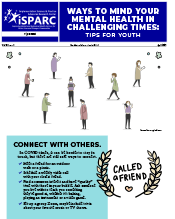 Read more
Read more -
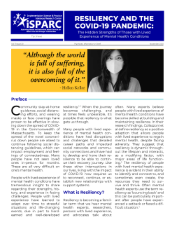
Resiliency and the COVID-19 Pandemic
Read more -

Should I Attend College in the Fall? Questions for Students with Mental Health Conditions to Consider
Read more -
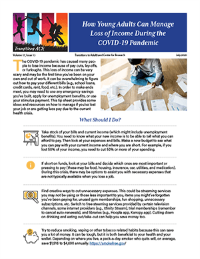
How Young Adults Can Manage Loss of Income During the COVID-19 Pandemic
Read more -
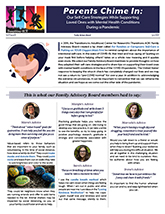
Parents Chime In
Read more -

Coronavirus Economic Stimulus Payments
Read more -
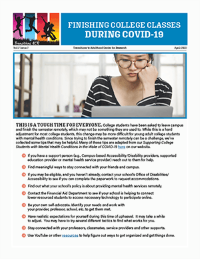
Finishing College Classes During COVID-19
Read more -
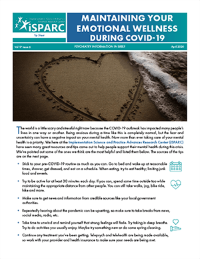
Maintaining Your Emotional Wellness During COVID-19
Read more -
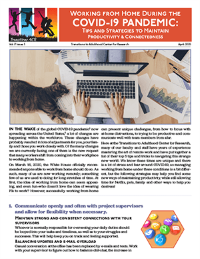
Working from Home During the COVID-19 Pandemic
Read more
